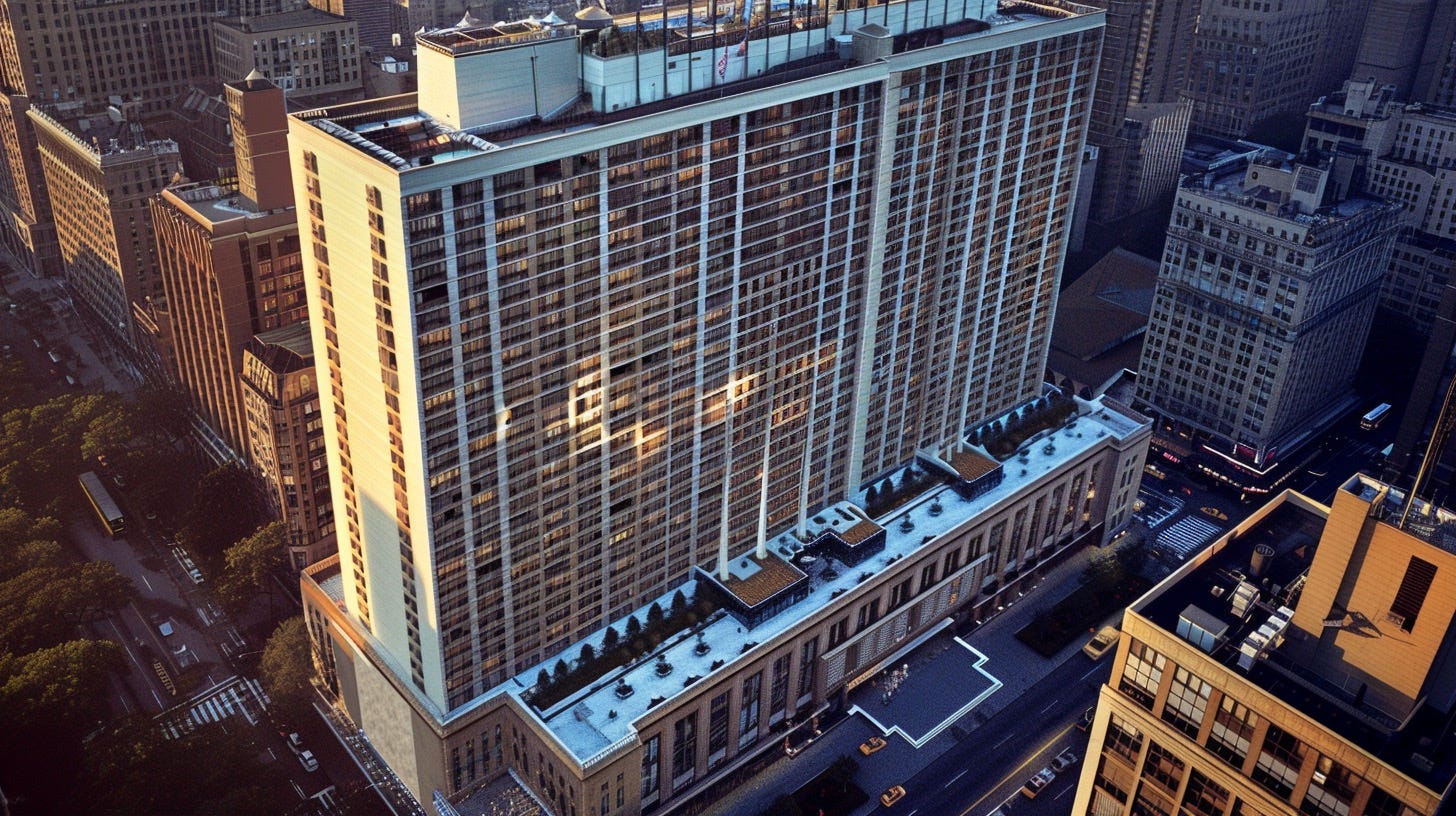Shattered System: The Tragic Assassination of a UnitedHealthcare CEO and the Deeper Crisis of American Healthcare
On December 4, 2024, Manhattan woke up to the unthinkable: the assassination of UnitedHealthcare CEO Brian Thompson. Shot in an early morning attack, this incident isn’t just a shocking act of violence—it’s a brutal indictment of America’s healthcare system.
The alleged shooter, Luigi Mangione, didn’t act out of randomness or madness. His actions, horrifying as they are, reflect a profound rage against a system that millions of Americans feel is rigged against them. This wasn’t just a murder—it was a symptom of a healthcare industry that prioritizes profits over people and has left Americans drowning in debt, denial, and despair.
Condemning Violence Without Ignoring the Cause
Let’s make one thing clear: violence is never the answer. No one deserves to be gunned down, no matter how broken the system they represent may be.
But ignoring the underlying issues that fuel this kind of desperation is just as dangerous. Why are so many Americans angry enough to cheer on—or even excuse—acts like this? Because they’re drowning in a system that feels designed to fail them.
A Healthcare System Built to Break You
Every American knows the frustration of fighting with their insurance company, the fear of unaffordable medical bills, and the helplessness of being denied care. For many, the system doesn’t feel like a lifeline—it feels like a trap.
1. Profits Over Patients
UnitedHealthcare, like every major insurer, thrives on a business model that prioritizes shareholders over sick people. Deny a claim? That’s profit. Delay a payment? That’s profit.
The stats don’t lie:
• 30% of every healthcare dollar goes to administrative costs.
• Major insurers deny up to 20% of claims, often arbitrarily.
• Families spend nearly 20% of their income just to stay insured.
What kind of system makes people beg for the care they’ve already paid for?
2. The Crushing Weight of Medical Costs
It’s not just about the insurance companies. It’s about the whole rotten system. Stagnant wages and skyrocketing costs have turned healthcare into an impossible choice for millions.
• Medical debt is the leading cause of bankruptcy in the U.S.
• Nearly 40% of Americans delay or avoid treatment because of the cost.
• 28 million people still don’t have insurance at all, even after decades of reform.
This isn’t healthcare. This is financial warfare, and we’re losing.
3. The Blame Game
Insurers blame providers. Providers blame Big Pharma. Big Pharma blames the government. And who gets caught in the crossfire? Patients.
Everyone has a scapegoat, but no one takes responsibility. The result is a fragmented system that’s as dysfunctional as it is expensive.
How We Fix This Broken Machine
We need more than tweaks. We need to burn the system down and rebuild it with people—not profits—in mind.
1. Regulatory Overhaul: Stop insurers from playing God. Denial processes need independent oversight and real accountability. Transparency in pricing isn’t optional—it’s a necessity.
2. Structural Reform: Explore models that prioritize public health over private profit. Preventative care and robust public health options aren’t luxuries—they’re life-saving investments.
3. Economic Policy: Healthcare costs should reflect actual care, not corporate greed. Social safety nets aren’t socialism—they’re survival.
A Moment of Reckoning
Brian Thompson’s murder is a tragedy. But it’s also a reflection of a system that’s pushed too many Americans past their breaking point. The psychological toll of navigating this healthcare hellscape is real, and the anger bubbling beneath the surface is reaching dangerous levels.
How many more tragedies will it take for us to confront the reality? This isn’t just about Luigi Mangione or Brian Thompson. It’s about a system that’s failing us all.
Healthcare is a Human Right
We can’t keep pretending that small reforms will fix this. The American healthcare system needs a radical transformation. We have to stop treating health as a commodity and start treating it as a right.
This is the moment. We either let the system keep grinding us down, or we rise up and demand something better.





